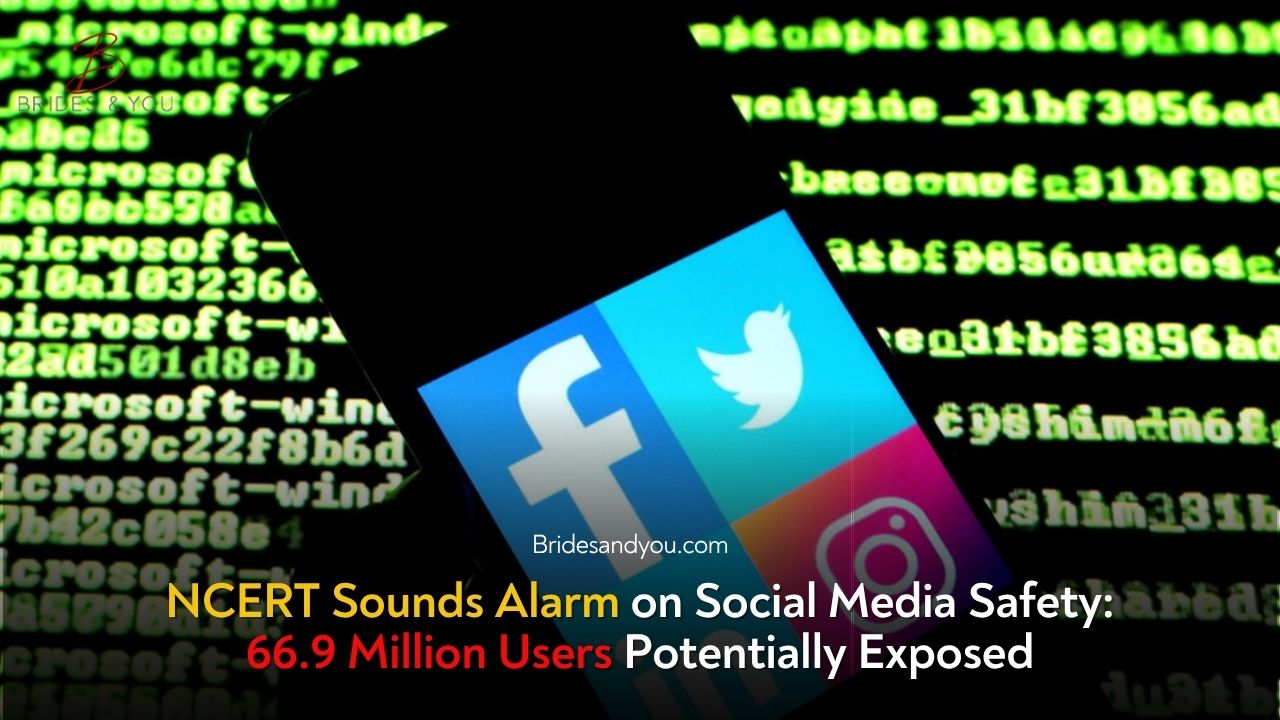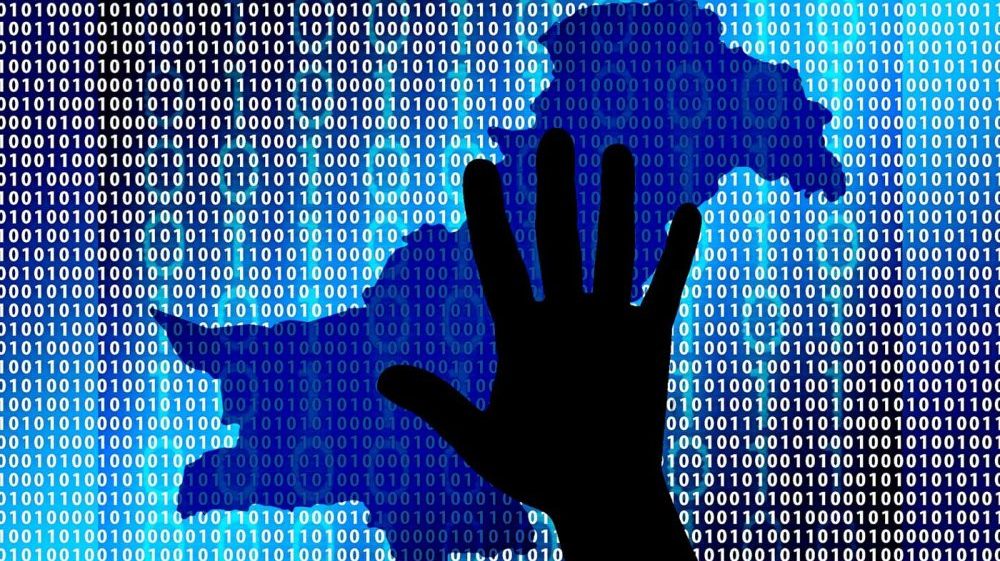Now Reading: Social Media Safety Alert in Pakistan: nCERT Warns 66.9 Million Users of Rising Cyber Threats
-
01
Social Media Safety Alert in Pakistan: nCERT Warns 66.9 Million Users of Rising Cyber Threats
Social Media Safety Alert in Pakistan: nCERT Warns 66.9 Million Users of Rising Cyber Threats

As the digital world becomes deeply integrated into our everyday lives, the National Computer Emergency Response Team (nCERT) has issued a critical Social Media Safety Alert in Pakistan, highlighting a range of alarming cyber threats that are currently putting over 66.9 million internet users at risk.

Over One-Fourth of Pakistanis Now Online – And at Risk
As of January 2025, approximately 26.4% of Pakistan’s population is actively using platforms like Instagram, TikTok, WhatsApp, and YouTube. With such a massive number of connected users, the risks associated with careless online behavior are higher than ever.
The newly released nCERT advisory titled “Safe, Diligent, and Responsible Usage of Social Media” underlines a clear and present danger: misinformation, disinformation, digital propaganda, and psychological manipulation are spreading faster than ever, especially during politically or socially sensitive times. These tactics are not just disrupting personal lives—they’re threatening the fabric of trust in democratic systems by shaping public opinion through false narratives.

Cyber Scams, Bullying & Blackmail: A Growing Crisis
According to the advisory, online scams and frauds are surging, with phishing links, fake offers, and impersonation attacks becoming a daily occurrence. Many users, particularly women and children, are being lured into traps that lead to cyberbullying, grooming, identity theft, and in some heartbreaking cases, blackmail using private data or images.
The emotional and psychological consequences of such abuse can be devastating, leading to long-term anxiety and distress. As these crimes grow more sophisticated, it becomes even more important to practice cautious and conscious digital habits.
Smart Digital Habits for Staying Safe
nCERT strongly recommends adopting the following cyber hygiene practices to protect personal data and mental well-being:
- Use unique, strong passwords for each platform and change them regularly.
- Enable multi-factor authentication to add an extra layer of protection.
- Disable unnecessary location tracking features that can expose personal whereabouts.
- Update your devices and apps regularly to fix security loopholes.
- Adjust your privacy settings to limit content visibility to only trusted contacts.
- Capture screenshots of suspicious content for reporting and future reference.
- Avoid engaging emotionally with viral content that seems provocative or manipulative.
The advisory also emphasizes that the constant stream of algorithm-driven content on social media platforms contributes to mental fatigue and anxiety, especially among younger audiences who are prone to excessive screen time.
Reporting is Your Right—Use It
If you experience or witness any form of cyber threat, nCERT urges you to report it to official authorities like the FIA’s National Cyber Crime Wing (NCCIA), the Pakistan Telecommunication Authority (PTA), or nCERT itself. Your report can prevent others from becoming victims.
Even something as simple as questioning a suspicious post or taking a pause before sharing something emotionally charged can be a powerful act of digital responsibility.
In today’s hyper-connected world, digital safety isn’t just a personal responsibility—it’s a social necessity. With over 66.9 million Pakistanis online, staying informed and vigilant is the key to creating a safer, more respectful, and more resilient digital environment for all.













